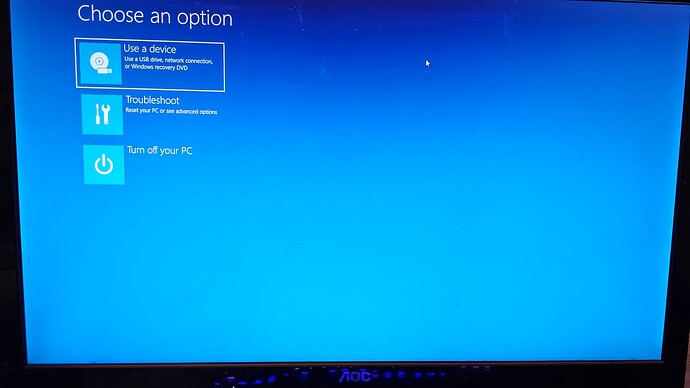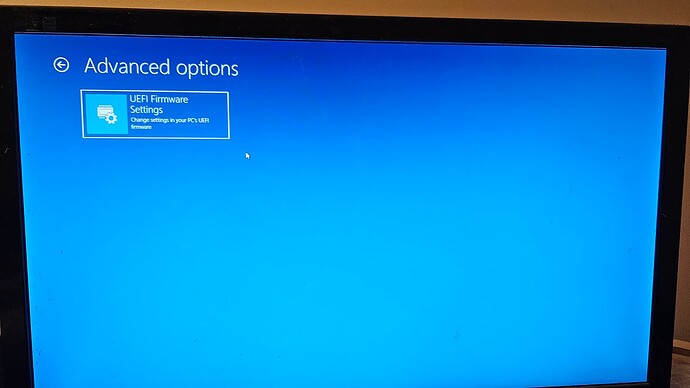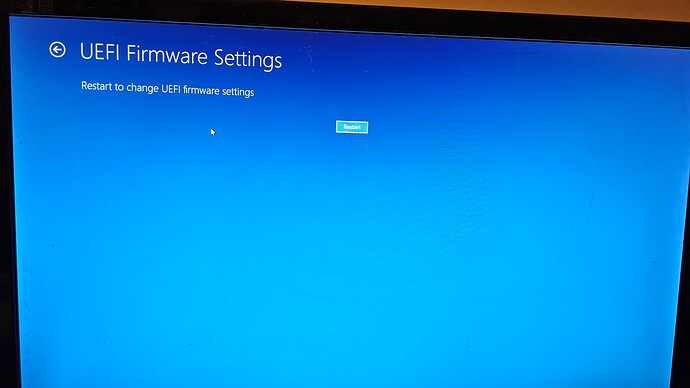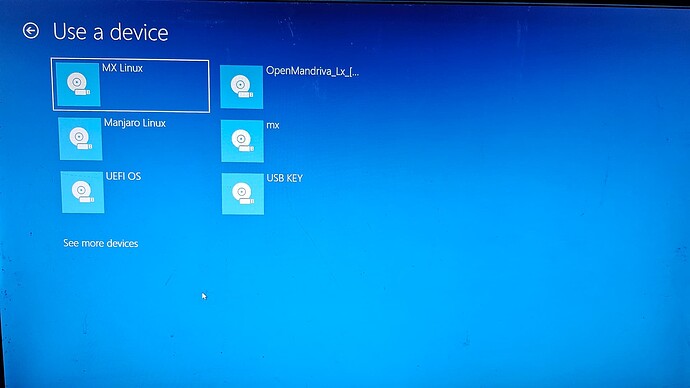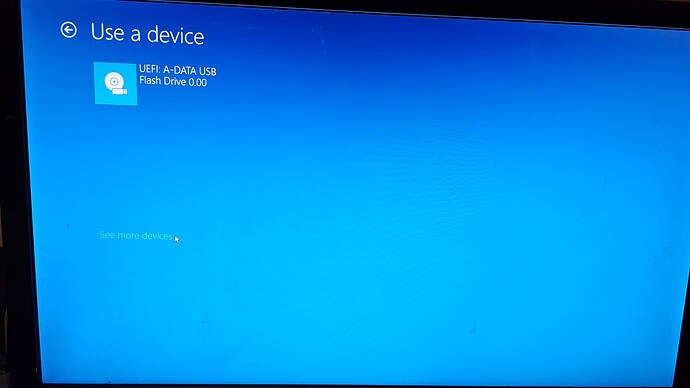Ok, did some checking, and if you guys are using similar repos, the correct package to have for x86_64-efi is grub-efi-amd64-bin – I can see the grub2 package, and for my system, it is NOT installed (because grub2 is legacy boot, AFAIK), and instead I have grub-efi-amd64-bin
Now if we go here: Show - Product ROME plasma6.wayland x86_64 - - Openmandriva ABF
And have a look at iso_build.log, do a CTRL+F for grub, all there is is grub2 and grub2-editor.
For grub-efi-amd64-bin, here is the info:
Blockquote
Package: grub-efi-amd64-bin
Version: 2.06-13+deb12u1
State: installed
Automatically installed: yes
Multi-Arch: foreign
Priority: optional
Section: admin
Maintainer: GRUB Maintainers pkg-grub-devel@alioth-lists.debian.net
Architecture: amd64
Uncompressed Size: 18.7 M
Depends: grub-common (= 2.06-13+deb12u1)
Recommends: grub-efi-amd64-signed, efibootmgr
Conflicts: grub-efi-amd64-bin:i386
Replaces: grub-common (<= 1.97~beta2-1), grub-efi-amd64 (< 1.99-1), grub2 (< 2.06-13+deb12u1), grub-common:i386 (<= 1.97~beta2-1), grub-efi-amd64:i386 (< 1.99-1), grub2:i386 (< 2.06-13+deb12u1)
Provides: grub-efi-amd64-bin:i386 (= 2.06-13+deb12u1)
Provided by: grub-efi-amd64-bin:i386 (2.06-13+deb12u1)
Description: GRand Unified Bootloader, version 2 (EFI-AMD64 modules)
GRUB is a portable, powerful bootloader. This version of GRUB is based on a cleaner design than its predecessors, and provides the following new features:
-
Scripting in grub.cfg using BASH-like syntax.
-
Support for modern partition maps such as GPT.
-
Modular generation of grub.cfg via update-grub. Packages providing GRUB add-ons can plug in their own script rules and trigger updates by invoking update-grub.
This package contains GRUB modules that have been built for use with the EFI-AMD64 > architecture, as used by Intel Macs (unless a BIOS interface has been activated). It can be installed in parallel with other flavours, but will not automatically install GRUB as the active boot loader nor automatically update grub.cfg on upgrade unless grub-efi-amd64 is also installed.
Homepage: GNU GRUB - GNU Project - Free Software Foundation (FSF)
Need to get 0 B of archives. After unpacking 0 B will be used.
For Grub2, we have:
Package: grub2
Version: 2.06-13+deb12u1
State: not installed
Multi-Arch: foreign
Priority: optional
Section: admin
Maintainer: GRUB Maintainers pkg-grub-devel@alioth-lists.debian.net
Architecture: amd64
Uncompressed Size: 12.3 k
Depends: grub-pc (= 2.06-13+deb12u1), grub-common (= 2.06-13+deb12u1)
Conflicts: grub2:i386
Provides: grub2:i386 (= 2.06-13+deb12u1)
Provided by: grub2:i386 (2.06-13+deb12u1)
Description: GRand Unified Bootloader, version 2 (dummy package)
This is a dummy transitional package to handle GRUB 2 upgrades. It can be safely removed.
Homepage: GNU GRUB - GNU Project - Free Software Foundation (FSF)
Tags: admin::boot, role::dummy
Need to get 2,364 B of archives. After unpacking 12.3 kB will be used.
Looks like that’s just grub-pc:
Package: grub-pc
Version: 2.06-13+deb12u1
State: installed
Automatically installed: no
Multi-Arch: foreign
Priority: optional
Section: admin
Maintainer: GRUB Maintainers pkg-grub-devel@alioth-lists.debian.net
Architecture: amd64
Uncompressed Size: 564 k
Depends: debconf (>= 0.5) | debconf-2.0, grub-common (= 2.06-13+deb12u1), grub2-common (= 2.06-13+deb12u1), grub-pc-bin (= 2.06-13+deb12u1), ucf
Conflicts: grub (< 0.97-54), grub-coreboot, grub-efi-amd64, grub-efi-ia32:i386, grub-efi-ia32, grub-ieee1275, grub-legacy, grub-xen, grub-legacy:i386, grub-coreboot:i386, grub-efi-amd64:i386, grub-ieee1275:i386, grub-pc:i386, grub-xen:i386
Replaces: grub, grub-common (<= 1.97~beta2-1), grub-coreboot, grub-efi-amd64, grub-efi-ia32:i386, grub-efi-ia32, grub-ieee1275, grub-legacy, grub2 (< 2.06-13+deb12u1), grub-legacy:i386, grub-common:i386 (<= 1.97~beta2-1), grub-coreboot:i386, grub-efi-amd64:i386, grub-ieee1275:i386, grub2:i386 (< 2.06-13+deb12u1)
Provides: grub-pc:i386 (= 2.06-13+deb12u1)
Provided by: grub-pc:i386 (2.06-13+deb12u1)
Description: GRand Unified Bootloader, version 2 (PC/BIOS version)
GRUB is a portable, powerful bootloader. This version of GRUB is based on a cleaner design than its predecessors, and provides the following new features:
Need to get 0 B of archives. After unpacking 0 B will be used.
However, I’m assuming, if this was actually an issue, others who were trying to boot EFI from the OpenMandriva installer would have noticed it?
I just don’t know how I can boot other installers with EFI just fine but not OpenMandriva… /puzzled
